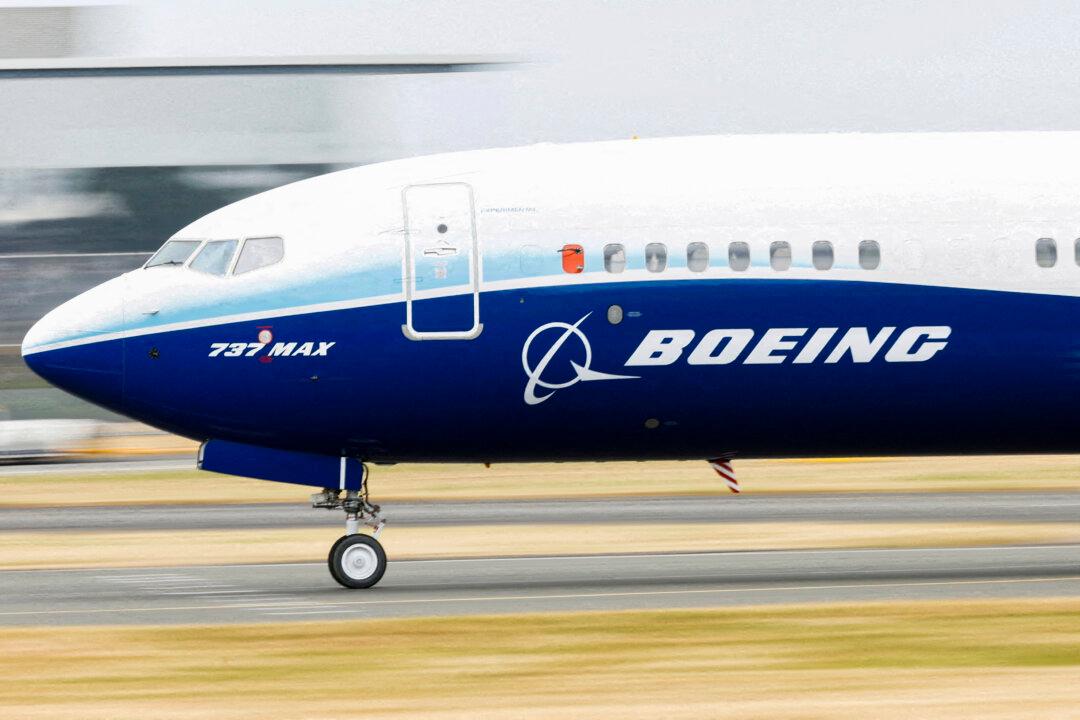Boeing’s MAX safety crisis is causing it to burn more cash than expected, its finance chief said on Wednesday, meaning the U.S. planemaker will need more time to hit a key financial target for coming years.
The company is trying to get control of safety issues following a Jan. 5 mid-flight panel blowout on a 737 MAX 9 aircraft that has placed it under the watchful eye of U.S. regulators—and frustrated airlines already struggling with delivery delays from both Boeing and its rival Airbus.





